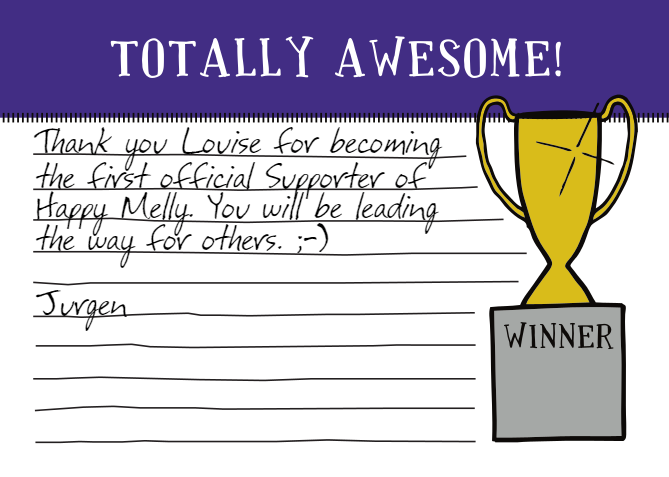by Louise Brace
At Management 3.0 we believe feedback in the workplace is key to bringing out the best in your coworkers. We also believe in rewarding employees who do great things. What we don’t believe is traditional bonus schemes i.e. paying for results, are the best way to reward someone.
How many of you strive to achieve your monthly, quarterly or annual targets? It’s all about the money right? The extrinsic motivation. You achieve the results your boss is looking for and you get paid for it. Do you feel inspired to work harder for more money? Many of you will say yes, because it’s what you’ve been programmed to think.
But you know something? Recent evidence suggests that paying for results i.e. giving employees an ‘Extrinsic Motivation’; incentivising us to produce results, actually makes some of us perform badly. In fact, the more we get paid, the worse we perform!
There are no hard and fast rules on how, when and with what frequency, you should reward employees. But taking money out of the equation; using praise instead of cash, not only incentivizes employees to work harder, it can also bring them closer as a team.
That’s when people’s Intrinsic Motivation kicks in. This refers to a motivation that comes from within. The satisfaction of one’s personal achievements. Praising someone for their input in a project or team, doesn’t cost a penny, but it’s one of the best ways to increase people’s happiness at work and productivity.
Happier teams, increased productivity, better results!
Jurgen Appelo’s Six Rules for Rewards
1. Don’t promise rewards in advance
2. Keep anticipated rewards small
3. Reward continuously
4. Reward publicly, not privately
5. Reward behaviour, not outcome
6. Reward peers, not subordinates.
The Kudo Box and Kudo Cards are great practices for triggering intrinsic motivation and they follow all of the above rules.
Learn more about Rewards & Incentives:




Hi Louise,
Ace post, and couldn’t agree more with the power of praise to motivate people. Those BrainPOP UK stickers were designed to be used in schools – to reward kids for good behaviors. They were super popular, as kids react so positively to small rewards and praise.
Thanks BrainPOP_UK! I read an article the other day, about rewarding children. How the more you reward them with money and gifts, the more you are setting them up to be materialistic with fragile egos. Then perhaps they will go on to believe that these big bonuses are the only way to be rewarded at work. Hey, we know differently right? 🙂